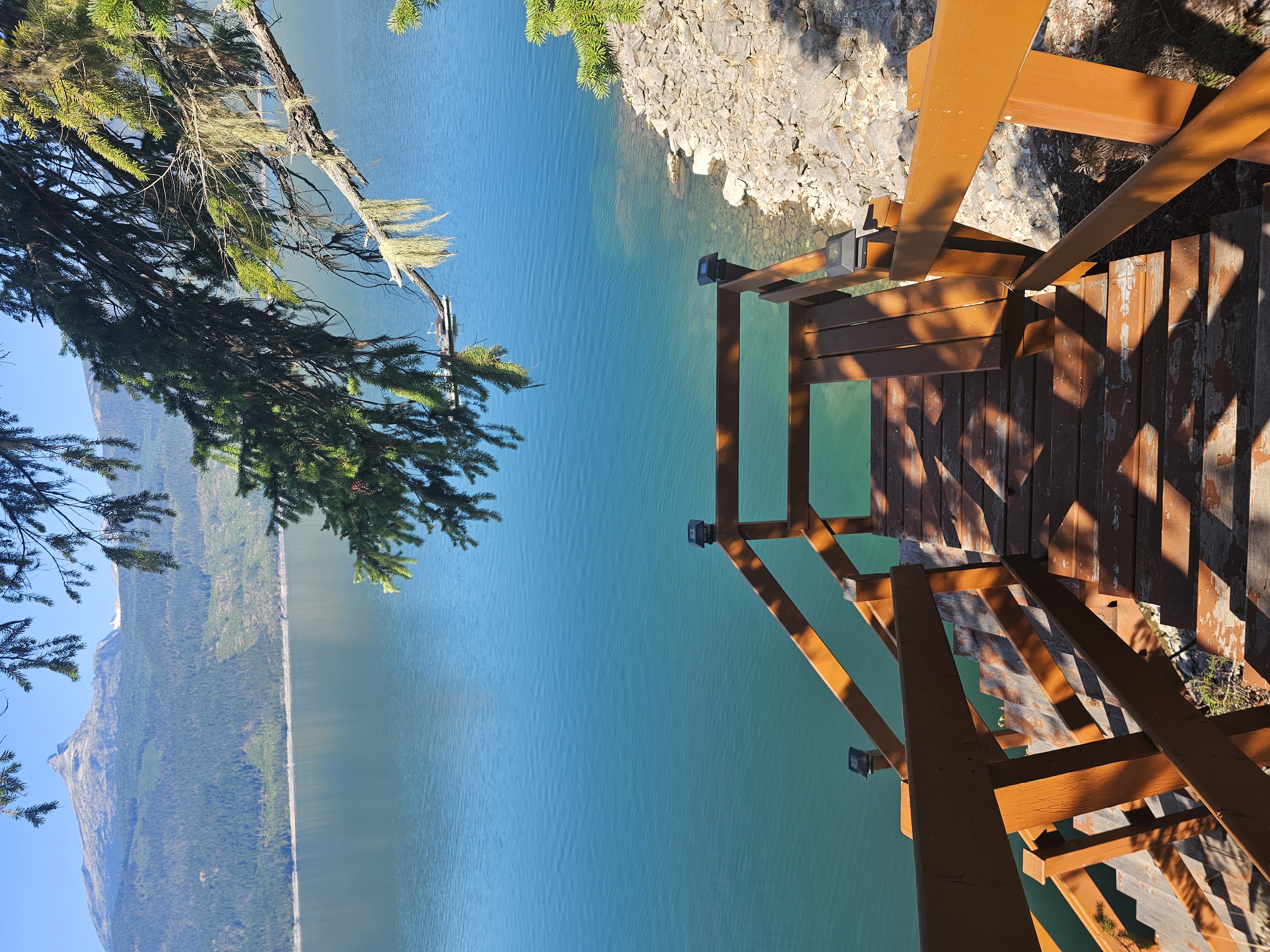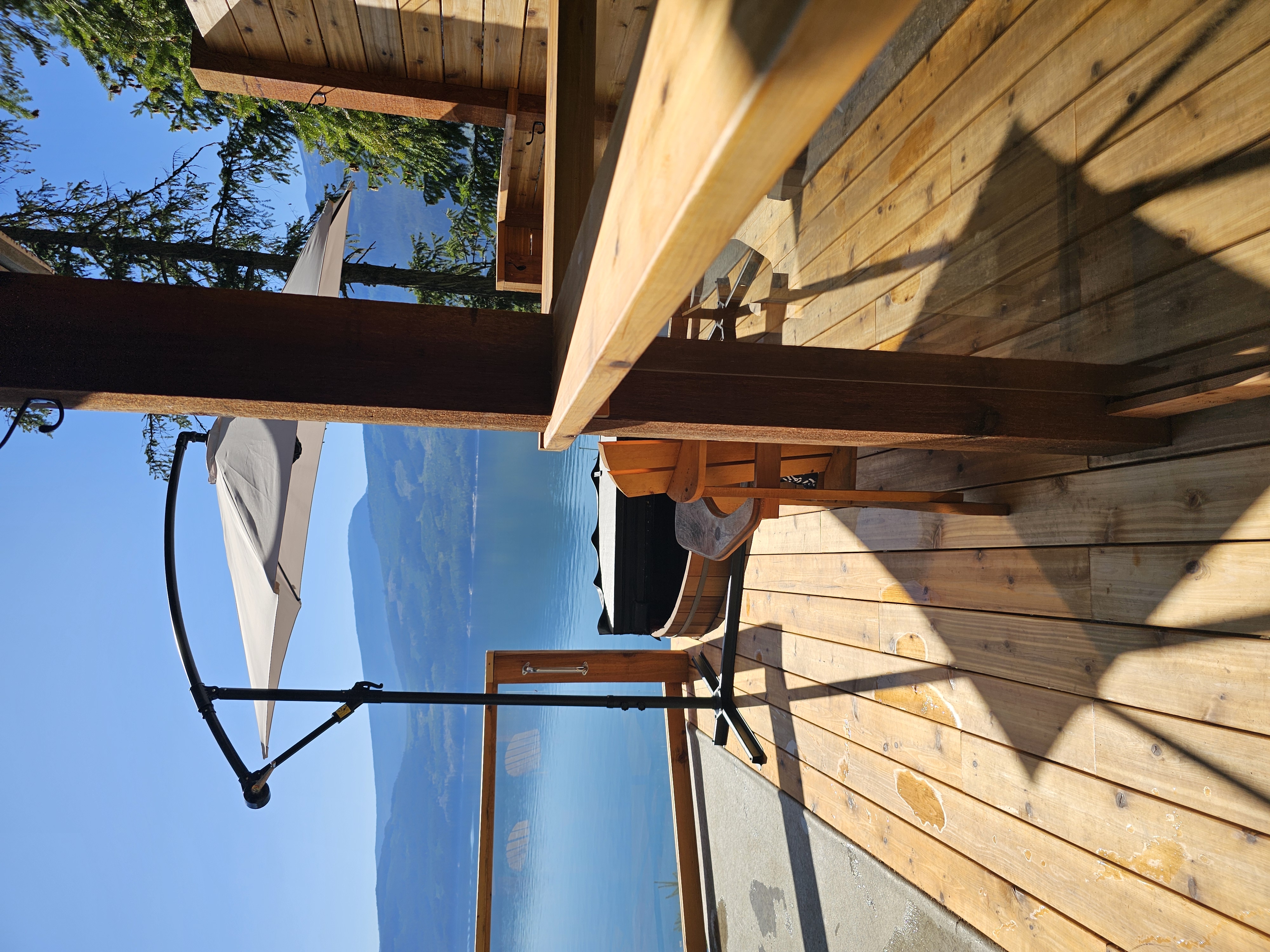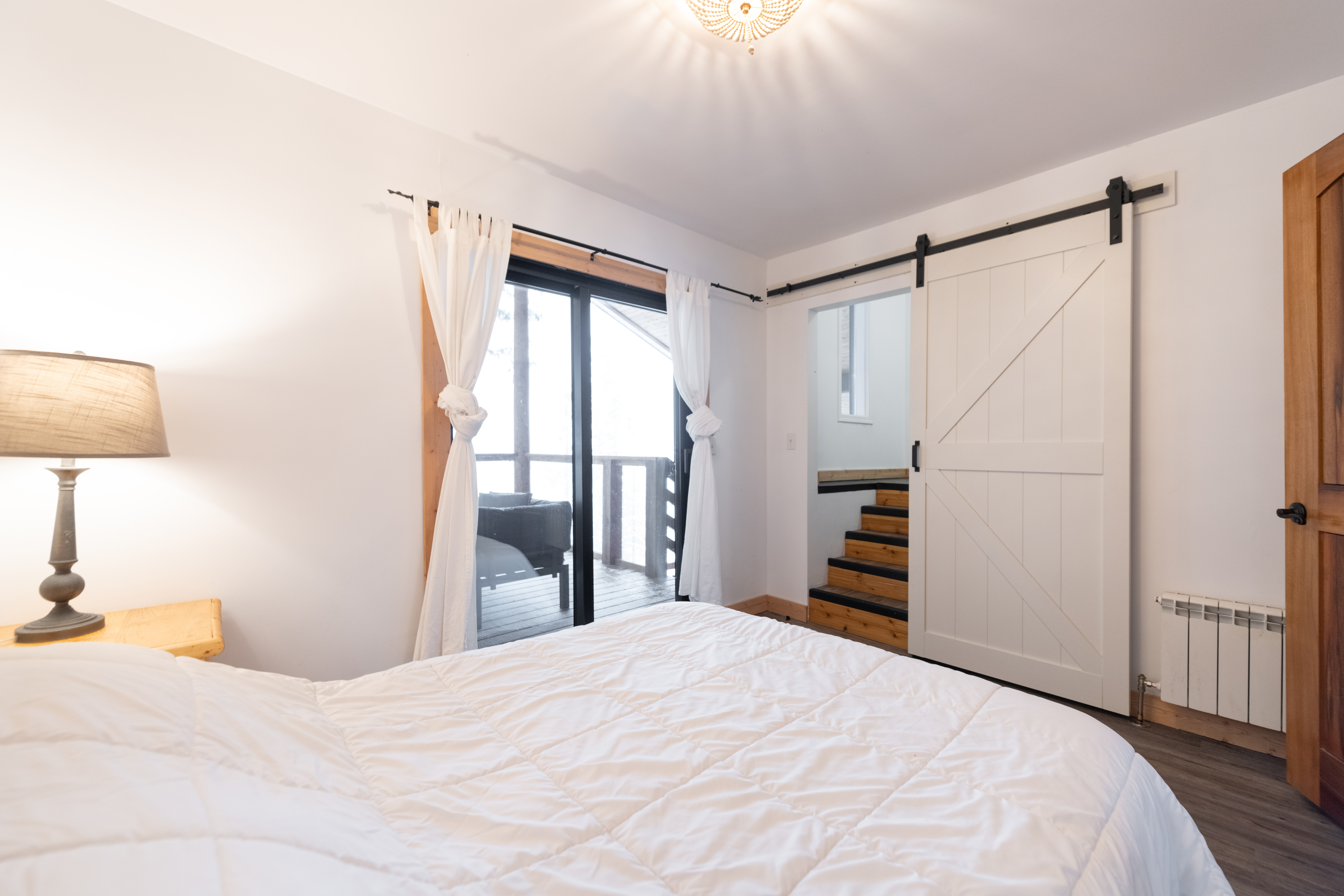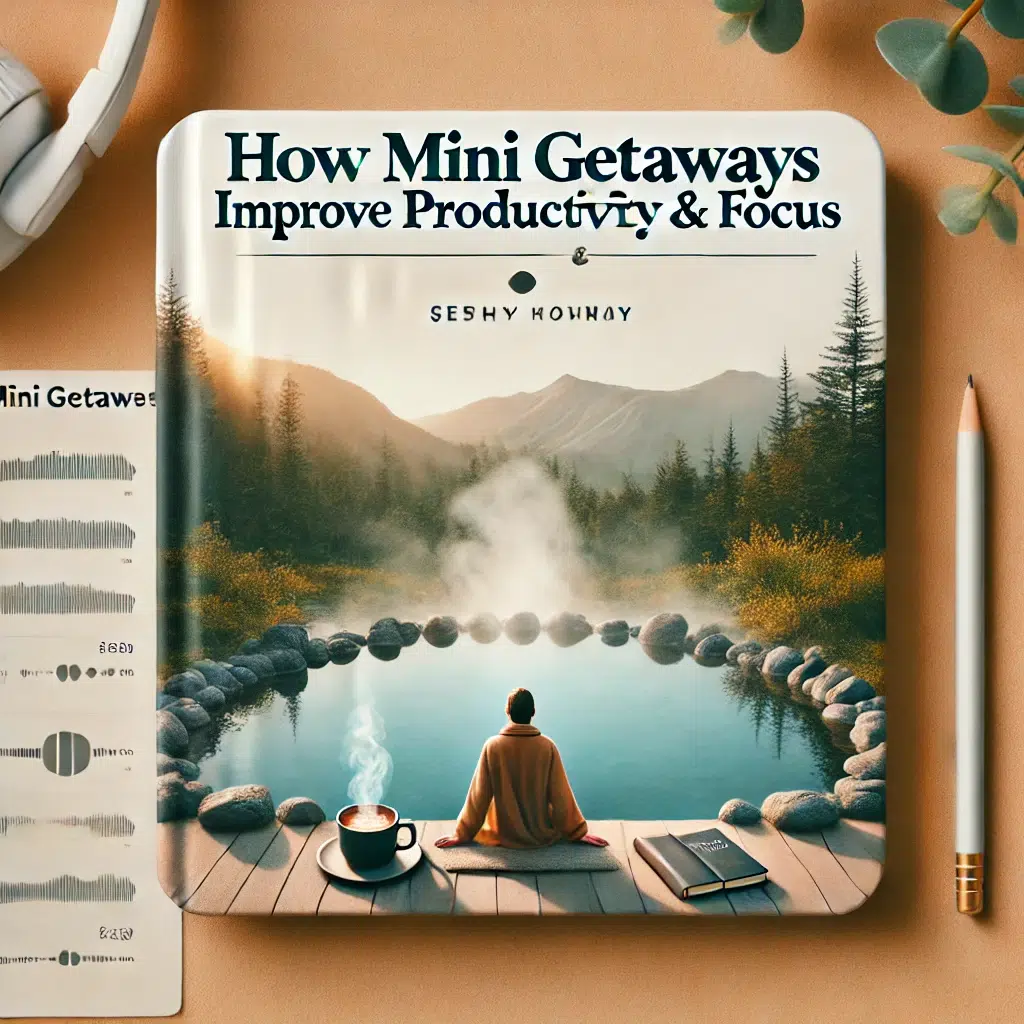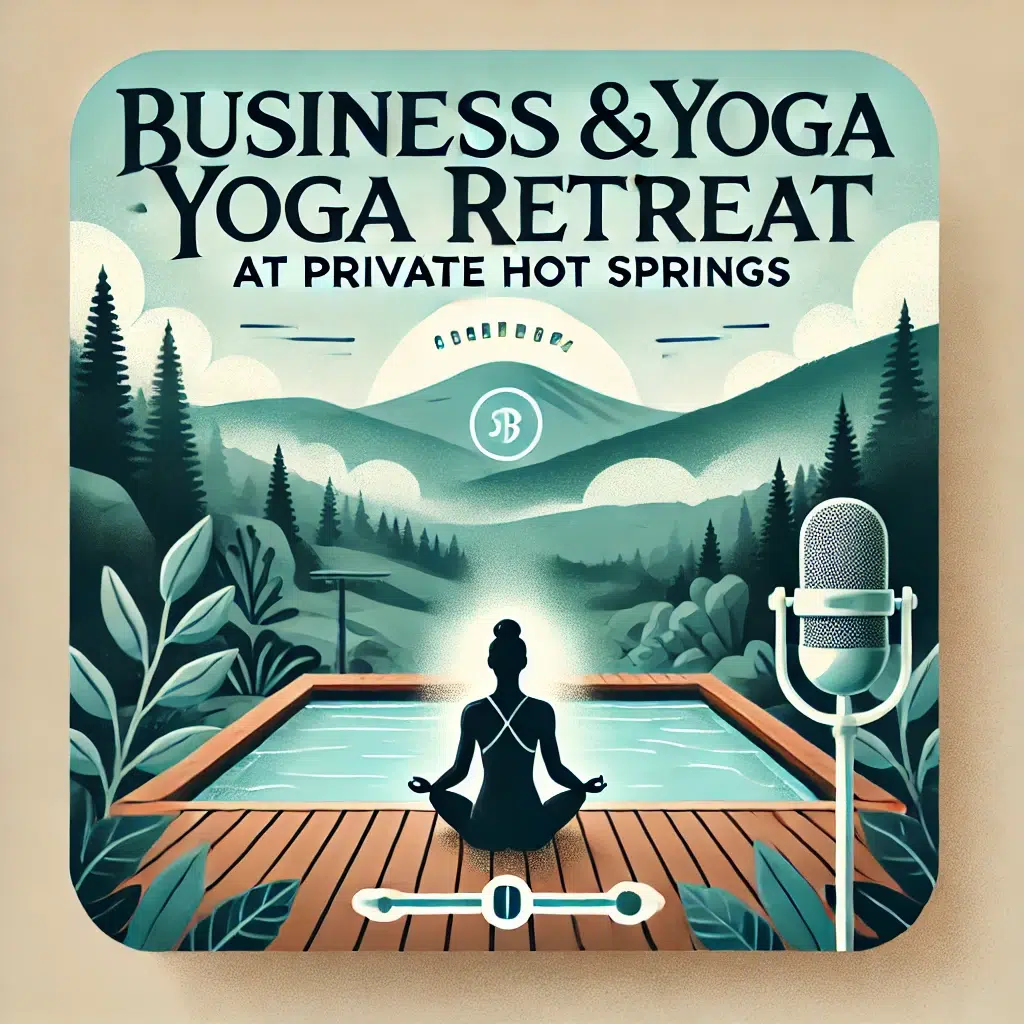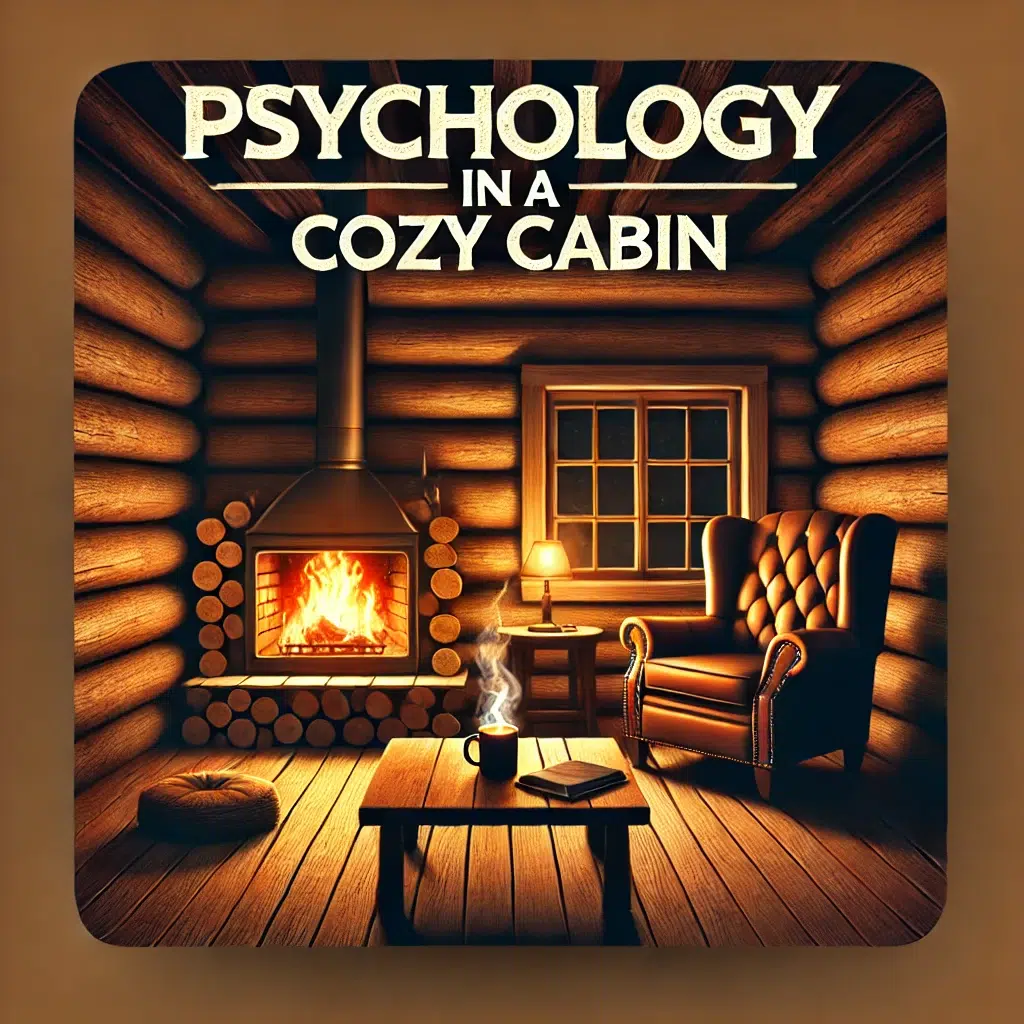Your Untapped Stress Superpower Lies In Breathing
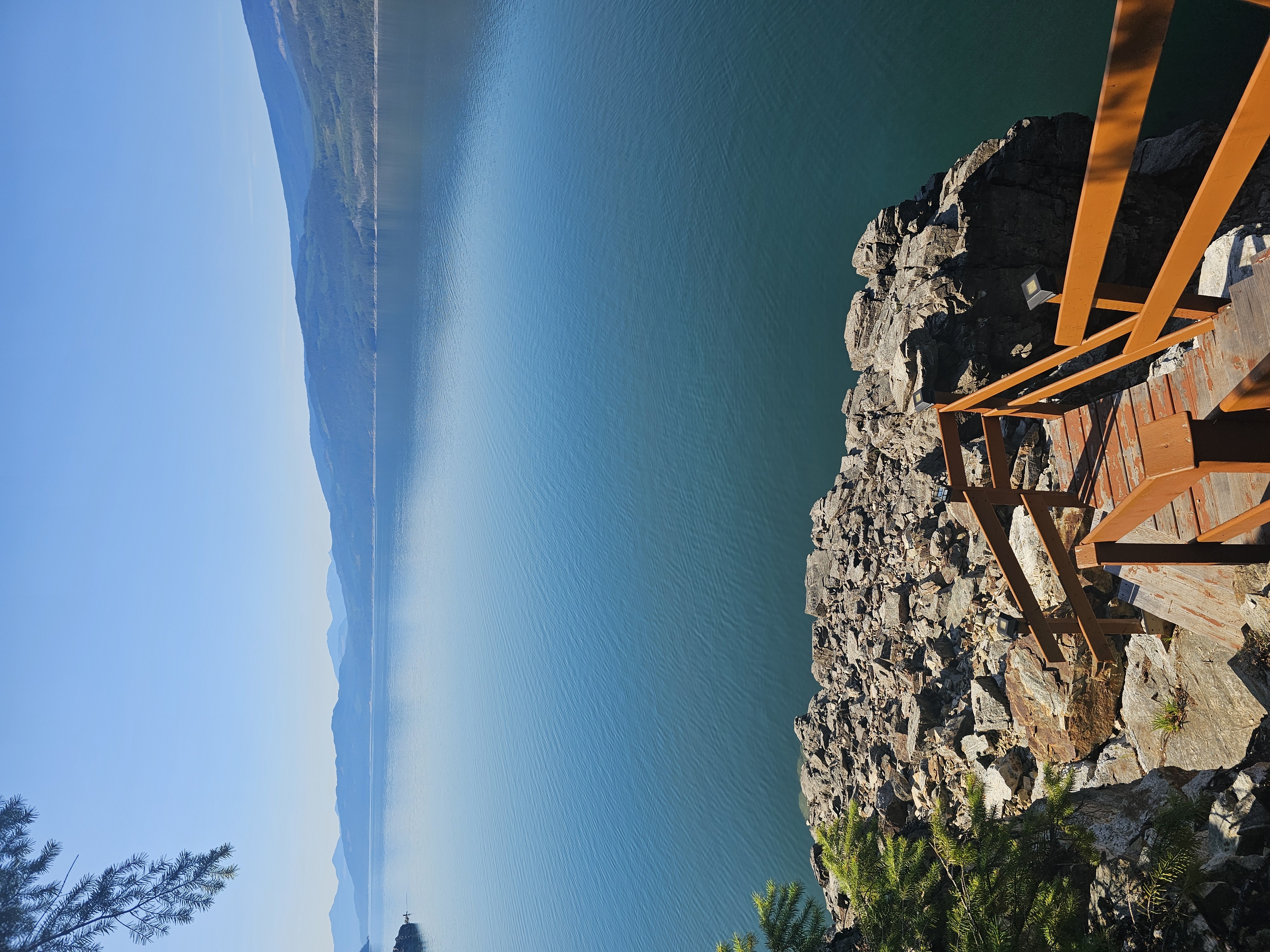
Photo: Cedar log cabin lake access Privatehotsprings.com
When stress hits, your body launches into fight-or-flight mode. Your heart pounds, muscles tense, and breathing becomes shallow. This biological response helped our ancestors survive predator encounters, but today it’s triggered by work deadlines, traffic jams, and financial worries. The good news? You already possess the most powerful tool to reverse this cascade of stress – your breath.
Deep breathing isn’t just another wellness trend. It’s a scientifically validated method to shift your nervous system from stress mode to recovery mode in minutes. While most stress management techniques require time, money, or special environments, breathing is free, always available, and works almost immediately.
The Science Behind Your Breath
Every time you take a deep, slow breath, you activate your vagus nerve – the superhighway connecting your brain to organs throughout your body. This triggers your parasympathetic nervous system, which counteracts your stress response.
When you breathe deeply, you’re essentially sending a signal to your brain that says “everything’s okay.” Your brain then reduces production of stress hormones like cortisol and adrenaline. Your heart rate slows, blood pressure decreases, and muscles relax.
Research from Stanford University found that breathing patterns directly affect brain activity, particularly in regions responsible for emotional processing and attention. This explains why proper breathing can quickly shift your mental state from anxious to calm.
The most fascinating aspect? This effect works bidirectionally. While stress affects breathing, deliberately changing your breathing pattern can reduce stress – giving you remarkable control over your physiological state.
Not All Breathing Is Created Equal
Most adults use only a fraction of their lung capacity, breathing shallowly into the chest rather than deeply into the abdomen. This shallow breathing pattern can actually perpetuate stress, creating a problematic cycle.
Diaphragmatic breathing – breathing deeply so your abdomen expands rather than just your chest – delivers the strongest anti-stress effects. This breathing style increases oxygen supply to your brain and triggers the most potent parasympathetic response.
The speed of your breathing matters too. While the average person takes 12-20 breaths per minute, research indicates that slowing to 5-7 breaths per minute optimizes heart rate variability – a key marker of stress resilience.
Transform Your Stress Response
Implementing effective breathing strategies doesn’t require hours of practice. Even two minutes of deliberate breathing can significantly reduce stress levels. Here are evidence-based techniques you can use immediately:
Box Breathing: Inhale for 4 counts, hold for 4, exhale for 4, hold for 4. This technique is used by Navy SEALs to maintain calm under extreme pressure.
4-7-8 Breathing: Inhale for 4 counts, hold for 7, exhale for 8. This pattern emphasizes the exhale, which enhances the parasympathetic response.
Physiological Sigh: Take two short inhales through your nose followed by one long exhale through your mouth. Stanford neuroscientist Andrew Huberman identified this pattern as particularly effective for quickly lowering stress.
The key isn’t which technique you choose, but consistency in practice. Your breathing pattern becomes a habit, and with regular practice, your nervous system becomes more responsive to these interventions.
Beyond Stress Relief
While stress reduction is the most immediate benefit, proper breathing techniques offer broader advantages. Regular practitioners report improved focus, better sleep quality, and enhanced decision-making.
Deep breathing also strengthens your stress resilience over time. Your nervous system becomes more flexible, allowing you to recover from stressful events more quickly. This resilience translates into better emotional regulation and lower baseline anxiety.
Many high performers in business, sports, and creative fields use structured breathing as part of their preparation for challenging situations. They recognize that controlling their physiological state through breath gives them a competitive edge.
The Missing Link
Despite its proven benefits, breath control remains underutilized in mainstream stress management approaches. Perhaps because it seems too simple, or because we take breathing for granted.
The reality is that breathing sits at the intersection of conscious and unconscious control. It’s one of the few autonomic functions you can deliberately regulate, making it a unique gateway to influencing systems that are otherwise automatic.
Think of your breath as the remote control to your nervous system. Learning to use it effectively puts you in the driver’s seat of your stress response rather than being at its mercy.
Your untapped stress superpower isn’t some exotic technique or expensive program – it’s been with you since your first moment of life. By bringing conscious attention to this unconscious process, you access a powerful tool for transforming your relationship with stress. Your next deep breath is the first step.
Try breathing exercises at the privatehotsprings.com while soaking in the hotsprings.

